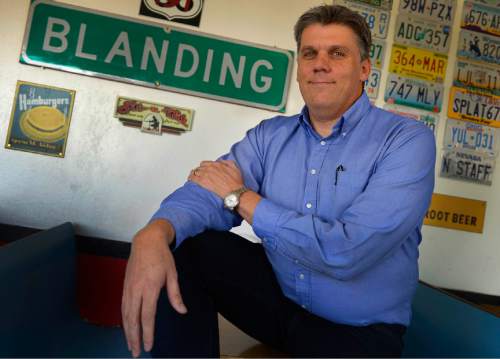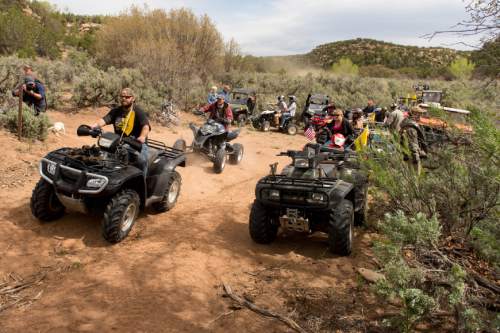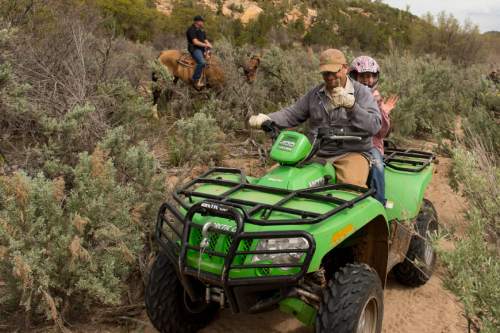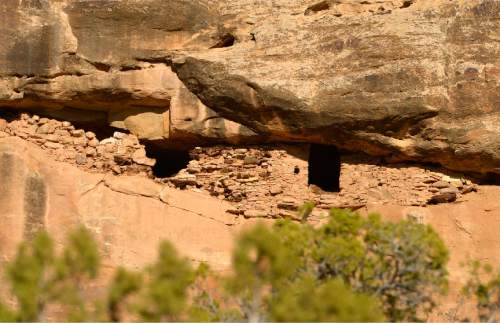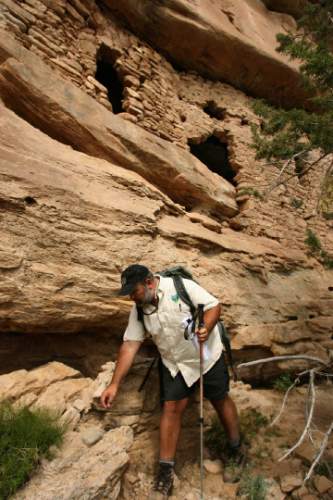This is an archived article that was published on sltrib.com in 2014, and information in the article may be outdated. It is provided only for personal research purposes and may not be reprinted.
A judge has given the ringleader of a public lands protest in southern Utah a deadline for proving he needs a public defender.
U.S. Magistrate Judge Evelyn Furse ordered San Juan County Commissioner Phil Lyman to pick either an attorney provided by federal taxpayers or a private defense attorney by Nov. 26.
Furse warned Lyman that he could run afoul of guidelines that require federal defendants to prove they need subsidized counsel.
"If at any point the court determines he does have the ability to retain counsel, the court can order that he repay the funds expended for his defense," Furse wrote in a ruling released late last week.
Lyman has until next week to have a private attorney register with the court.
The U.S. Attorney's Office of Utah had raised questions about Lyman's need for a public defender, given his $50,000 salary and benefits package from the county and his ownership of an accounting company and investment firm with $2.3 million in assets.
Lyman was the instigator of a protest May 10, leading an ATV rally into Recapture Canyon, which had been closed by the Bureau of Land Management. Lyman, who ran for re-election unopposed this year, has argued the BLM illegally closed the canyon just east of Blanding in 2007 and has taken too long to act on the county's application for a right-of-way.
About 50 riders, including several armed supporters of Nevada rancher Cliven Bundy, drove into the canyon.
The county commissioner and four others who participated — Monte Wells, Shane Marian, Franklin Trent Holliday and Jay Redd — were charged in September with conspiracy and operating a motor vehicle in a closed area. All charges have since been dropped against Redd.
A trial is set to start Dec. 22. The offenses carry penalties of up to one year in jail and $100,000 in fines.
In papers filed Oct. 30 in U.S. District Court, Assistant U.S. Attorney John Huber asked Judge Robert Shelby to "conduct an appropriate inquiry into the financial circumstances of the defendant, hold him to his burden of establishing that he cannot afford to hire his own attorney, and then determine if appointment of counsel is appropriate at this time."
Lyman said the judge's decision to appoint counsel was based on "accurate information" he provided.
The other four defendants have hired private attorneys.


